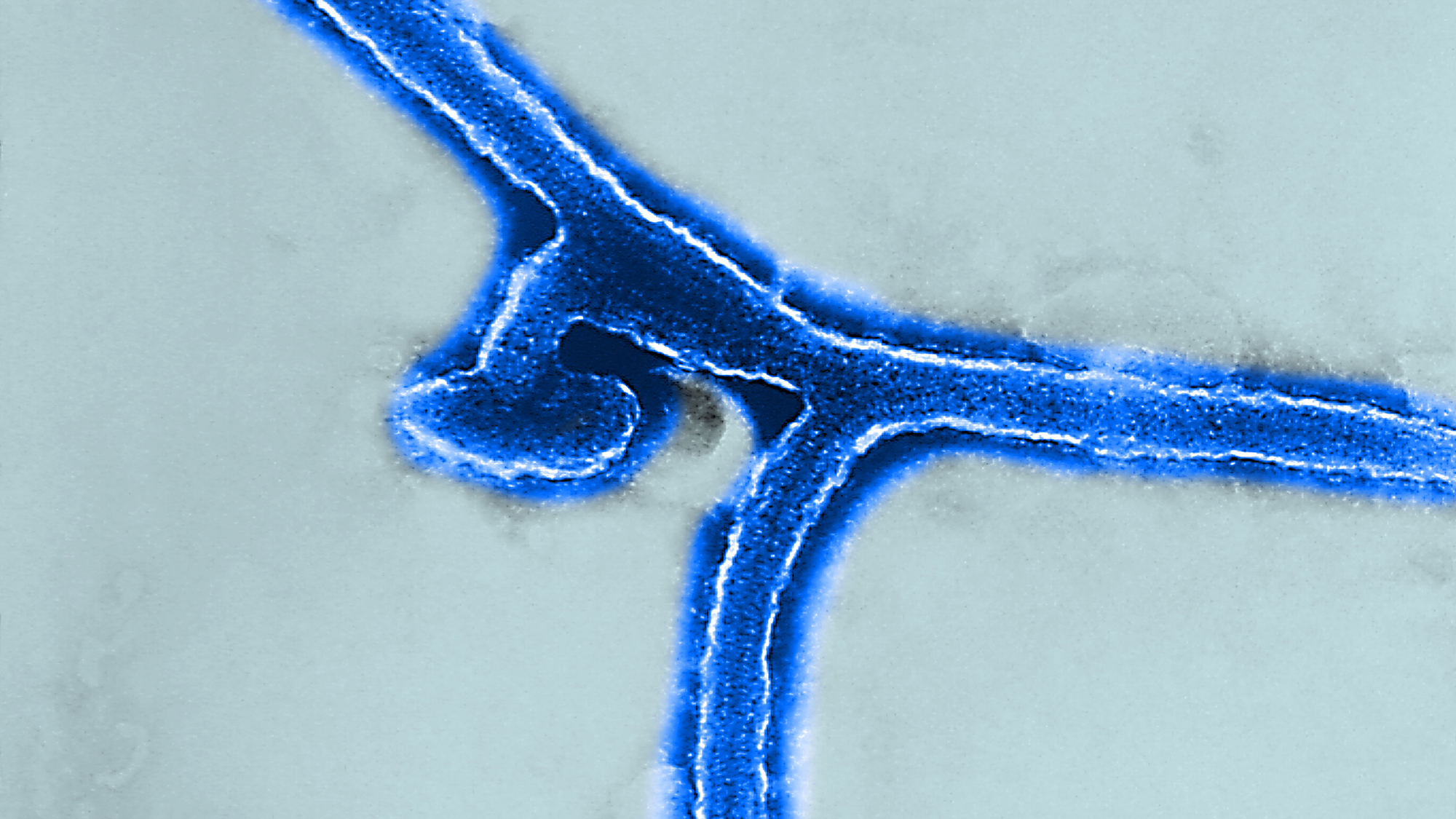

Equatorial Guinea has confirmed their first outbreak of Marburg virus disease, according to the World Health Organization (WHO). This Ebola-related virus is responsible for at least nine deaths and 16 suspected cases in the small country located in western Africa.
Laboratory samples confirmed the outbreak after an alert from a local health official on February 7. The WHO is sending medical experts to the country to help stop the outbreak in addition to personal protective equipment (PPE) for medical workers.
[Related: WHO announces that Uganda’s months-long Ebola outbreak is over.]
“Marburg is highly infectious. Thanks to the rapid and decisive action by the Equatorial Guinean authorities in confirming the disease, emergency response can get to full steam quickly so that we save lives and halt the virus as soon as possible,” said Matshidiso Moeti, WHO Regional Director for Africa, in a statement.
African fruit bats are believed to be the natural host of the virus, which sometimes spillover into humans and other primates via close contact with bodily fluids or surfaces. It is in the same family as the virus that causes Ebola and symptoms include high fever, muscle pain, fatigue, diarrhea, and vomiting.
According to the Centers for Disease Control and Prevention (CDC), diagnosing Marburg virus disease, “can be difficult” since many of the symptoms and signs are similar to typhoid fever, malaria, and Ebola.
While Marburg is rare, it is an extremely serious disease. It can have a fatality rate of up to 88 percent if left untreated. In 2004, a Marburg outbreak in Angola, killed 90 percent of the 252 people infected. There were two reported Marburg deaths in Ghana in 2022.
Currently, there are no authorized vaccines or drugs, but rehydration treatments that alleviate symptoms can improve the chances of survival. The results of a small, first-in-human clinical trial showed that an experimental vaccine was safe and induced an immune response. There are plans to conduct further vaccine trials in Ghana, Kenya, Uganda, and the United States.
[Related: The deadly Marburg virus—a close cousin of Ebola—reemerges in Ghana.]
Health experts recommend that people in the area avoid mines and caves that may be occupied by bats and avoid eating or handing bush meat, or to thoroughly cook meat before consumption to minimize the risk of catching and spreading the virus. The virus primarily spreads among humans through close contact with bodily fluids and surfaces. Burial ceremonies involving direct contact with the body of the deceased can also contribute to the transmission of the virus.
The virus was first identified in 1967 after it caused simultaneous outbreaks in laboratories in Marburg, Germany and Belgrade, Serbia. There were seven fatalities in those who were exposed to the virus while conducting research on monkeys.
Due to the outbreak, the WHO is set to hold an urgent meeting today to discuss the vaccine candidates and treatment options.
